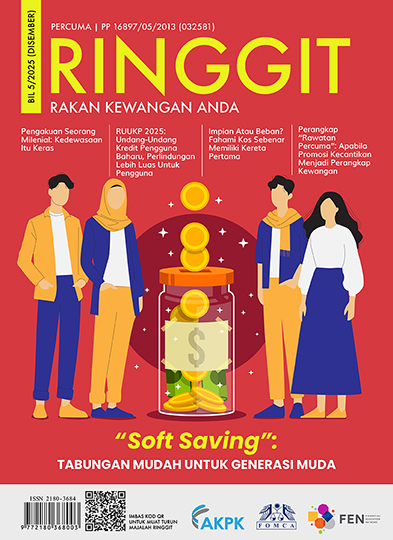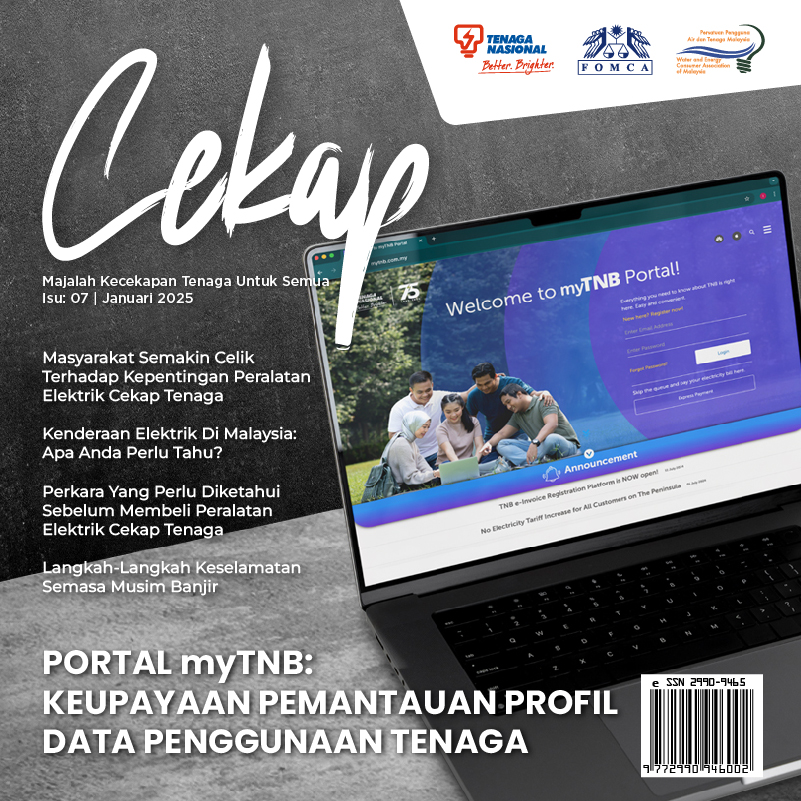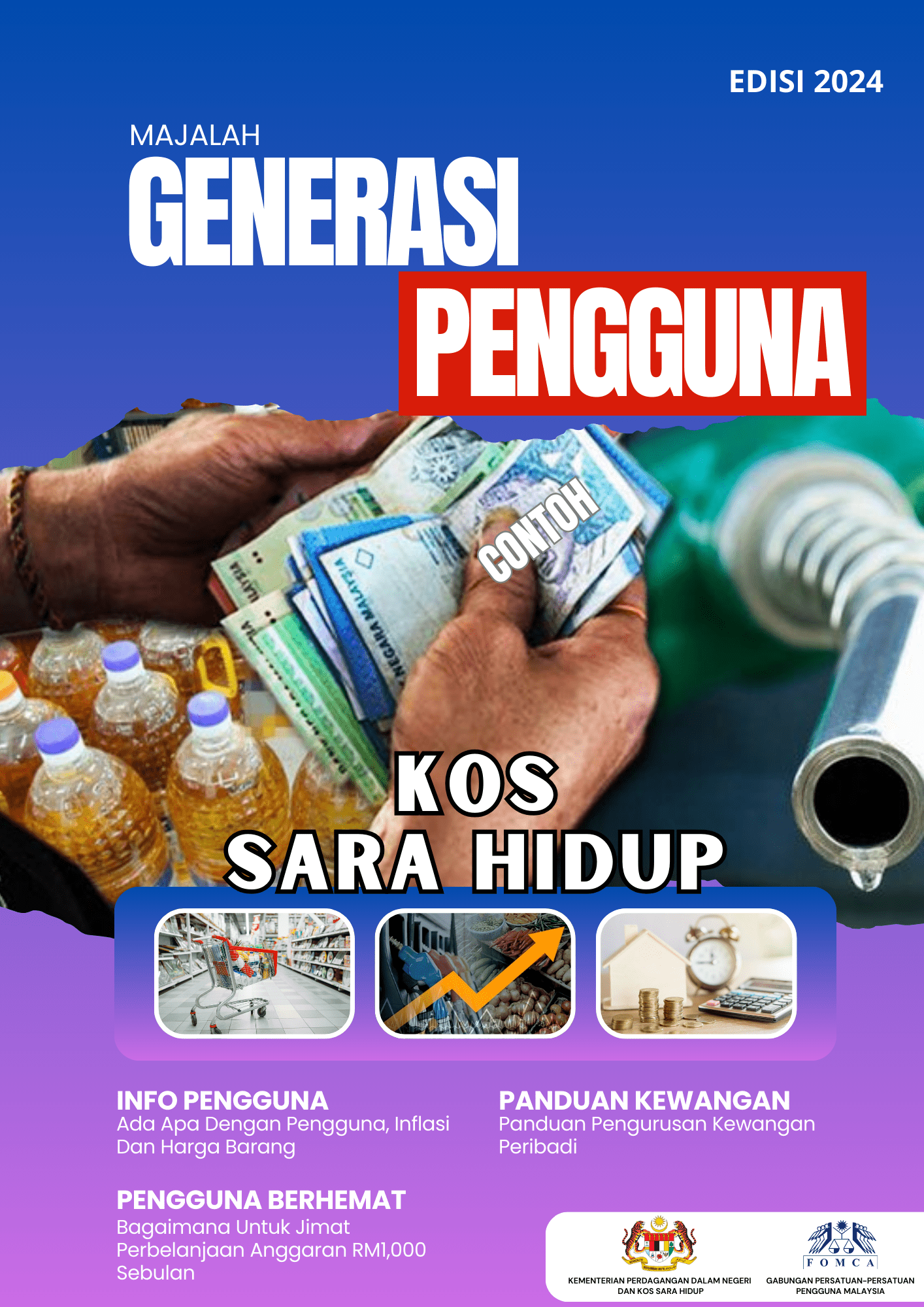 Monday, 16 Nov 2020
Monday, 16 Nov 2020
IT was a tragic incident that took away the life of a 23-year-old model, who was supposed to get married at the end of the year.
A botched liposuction from an unlicensed beauty salon allegedly led to Coco Siew’s untimely death last month (October).
The beauty industry reeled from the news, calling on authorities to take stiffer action against unregistered practitioners to prevent another tragedy.
So far, the National Consumer Complaints Centre (NCCC) received 420 complaints this year involving the wellness and aesthetic industry, with most being about refunds.
“Only a handful are involving health-related incidents, ” NCCC senior manager S. Baskaran tells Sunday Star.
In 2018, the NCCC received 1,771 complaints involving the beauty sector, with most disputes on refunds (19.2%), poor service (9.9%) and misleading information (9.3%).
“Some 6.8% of complaints were about health complications with some suffering side effects like irregular heartbeat or headache from slimming drinks or other services, ” he says.
Regardless, doctors and those in aesthetic medicine are hoping Siew’s case will not happen again.
Malaysia Medical Association president Prof Datuk Dr M. Subramaniam says more enforcement is needed to weed out unlicensed beauty centres.
“Invasive procedures like liposuction must not only be performed by a doctor but a qualified surgeon.
“Such doctors would know what to do if complications arise, such as allergic reactions during the treatments, ” he says.
As such, it is simply unacceptable for any person without the necessary licence to conduct invasive aesthetic procedures.
“There are also unqualified cosmetic centres offering cheaper rates to entice customers.
“Some bring in foreign, bogus doctors to conduct the procedures and then disappear after it is done, ” Dr Subramaniam says.
There is currently no price control over such surgeries and treatments.
“However, the public must not be easily swayed by cheap prices without doing their research, ” he says.
Dr Subramaniam adds that the public can check the National Specialist Registry, which lists all credentialed specialists in the country and can be accessed at nsr.org.my
It’s an open secret that many invasive procedures are still being done by non-medical practitioners, says Malaysian Society of Aesthetic Medicine (MSAM) president Dr Chin Shih Choon.
“Youths tend to be susceptible to the rampant social media advertising and aggressive sales pitches by unscrupulous fly-by-night operators, ” he says.
The MSAM will continue to educate the public on seeking medical aesthetic treatments only from registered practitioners and specialists.
“We hope that lawmakers can amend existing laws and plug the loopholes, so that there can be better enforcement and tighter punishments on medical procedures done by non-medical practitioners.
“There is just too much at stake with the risk of continual injuries and loss of lives, ” he says.
Malaysian Society of Plastic and Reconstructive Surgery president Dr Faizal Ali urges those who are considering aesthetic procedures to choose only credentialed doctors and plastic surgeons.
Dr Faizal advises them to check the qualifications of such doctors by visiting the National Registry of RMP Practising Aesthetic Medical Practice on the Health Ministry’s website at www.moh.gov.my/index.php/pages/view/2118
He says there are many beauty centres and medi-spas offering non-invasive and even invasive treatments done by non-doctors.
“There are also cases of unqualified doctors advertising themselves as “cosmetic surgeons”.
“They usually use Facebook and Instagram to attract potential unsuspecting patients, ” Dr Faizal says.
He urges the authorities to clamp down on such social media posts by unlicensed centres.
But more importantly, consumers need to do their research before undergoing cosmetic surgeries.
“They have to remember that these procedures involve cutting, injecting and burning their skin and tissues around their face and bodies.
“It has to be done by the right doctor or surgeon in a proper medical centre with proper equipment, ” he says.
He stresses that patients must remember that invasive cosmetic surgery such as liposuction and breast implants can only be performed by licensed plastic surgeons in a registered medical facility.
Aesthetic doctors are only credentialed to perform minimally invasive procedures like lasers, botox and filler injections and others, he adds.
Association of International Certified Aestheticians (Aica) founder and president Prof Dr Ng Wee Kiong says the growing demand for beauty science talent and professionals has led to many practitioners in the market.
“But the industry remains one of the least regulated sectors in the country, ” he says.
Dr Ng advises consumers to avoid being pressured into getting services if they feel uncomfortable with it.
MSAM past president Dr Hew Yin Keat says the damage done by unregistered practitioners is sometimes irreversible and can be deadly.
“Even before Siew’s death, the industry has already been viewing with deep concern the state of affairs on the ground in Malaysia, ” he adds.
Far from viewing them as threats or competition, Dr Hew says the industry is concerned about such centres jeopardising public health and safety.
“Multiple letters to the authorities and even police reports were made about non-doctors overstepping their boundaries in doing invasive medical procedures.
“Unfortunately, action has neither been easy nor quick enough to stem the tide of these non-medical centres from mushrooming all over the country, ” he says.
Before agreeing to the aesthetic medical procedures, Dr Hew urges the public to check that the premise has a licence given by the ministry.
“The doctor should also have Full Medical Registration by the Malaysian Medical Council (MMC) and a valid Annual Practice Certificate provided by the MMC.
“The doctor must also have a valid LCP (Letter of Credentialing and Privileging) licence that states the type of procedure they can perform given by the ministry’s Aesthetic Medical Practice Division.
“If a service provider cannot produce all three documents, you can be sure that what they’re doing is illegal, ” he says.




